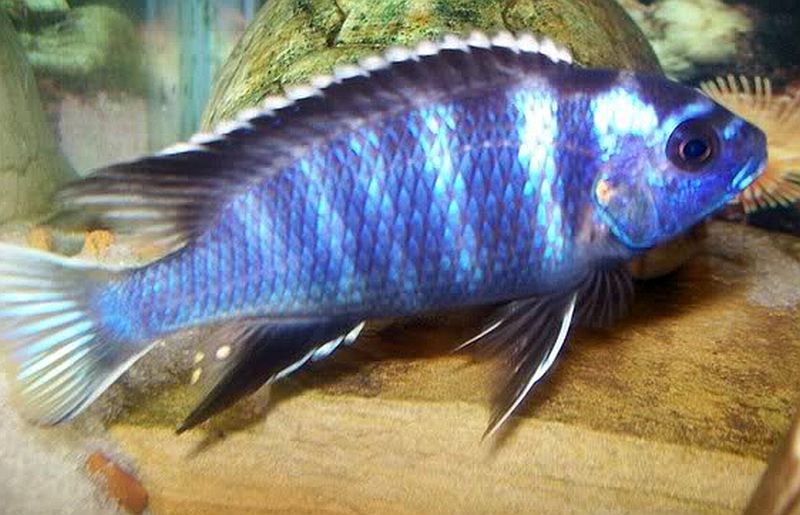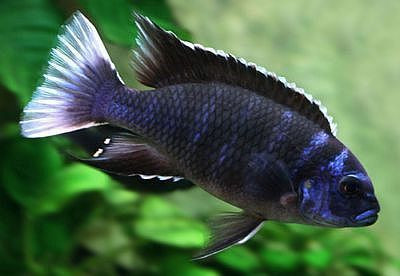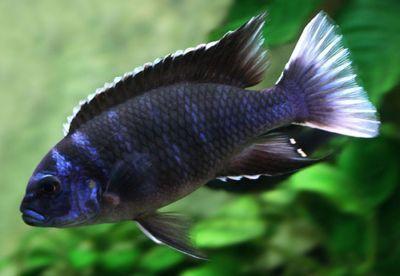Acei White Tail
An aquarium can bring life and color into any room, but choosing the right fish for your tank can be overwhelming. If you're looking for a stunning and eye-catching addition to your collection, consider the acei white tail.
Pain Points of Acei White Tail
One of the biggest pain points associated with acei white tail is their aggression towards other fish. They can be territorial, which means you'll need to carefully select tank mates to avoid any bullying or fighting. Additionally, these fish require specific water conditions to thrive, including a pH between 7.8 and 8.6 and a water hardness of between 10 and 20 dKH.
Target of Acei White Tail
Acei white tail is a species of cichlid that originated in Lake Malawi in East Africa. They are named for their striking white tails, which provide a beautiful contrast to their blue and black bodies. These fish are popular among aquarium enthusiasts for their eye-catching appearance and active personalities.
Summary of Main Points
Acei white tail is a beautiful and active fish that requires specific water conditions and careful tank mate selection due to their territorial behavior. Despite these challenges, they are a popular choice for aquarium enthusiasts looking to add color and personality to their tank.
Acei White Tail: Personal Experience
When I first saw acei white tail at my local aquarium store, I was immediately drawn in by their stunning appearance. I decided to add a few to my tank, but quickly realized the importance of selecting peaceful tank mates and maintaining the right water conditions. Despite this, watching them swim and play in the tank brings me so much joy.

Caring for Acei White Tail
When caring for acei white tail, it's important to consider their specific needs. They thrive in a temperature range of 76-80°F and require a varied diet of algae, flake food, and frozen or live foods. These fish also appreciate a well-decorated tank with plenty of hiding spots and areas to explore.
Tank Mates for Acei White Tail
To ensure the best environment for acei white tail, it's important to select peaceful and compatible tank mates. Species that are native to Lake Malawi, such as yellow labs and haps, can make great choices. Additionally, bottom-dwelling species like catfish may also be a good fit.

Frequently Asked Questions About Acei White Tail
What size tank do acei white tail need?
Acei white tail should be kept in a tank that is at least 55 gallons.
Are acei white tail aggressive?
They can be territorial and aggressive towards other fish, so careful tank mate selection is important.
What should I feed my acei white tail?
Acei white tail require a varied diet of algae, flake food, and frozen or live foods.
What water conditions do acei white tail require?
Acei white tail thrive in a pH between 7.8 and 8.6 and a water hardness of between 10 and 20 dKH.
Conclusion of Acei White Tail
Acei white tail is a stunning and active fish that can provide a beautiful addition to any aquarium. While they require specific water conditions and careful tank mate selection, their unique appearance and playful personalities make them a popular choice for aquarium enthusiasts.
Gallery
White Tail Acei (Pseudotropheus Acei "ngara").. | Tropical Fish Keeping

Photo Credit by: bing.com / acei pseudotropheus ngara
White Tail Acei (Pseudotropheus Acei “ngara”) 6cm - SYDNEY DISCUS WORLD

Photo Credit by: bing.com / acei tail hover zoom over
Cichlids.com: Whitetail Acei
Photo Credit by: bing.com / acei whitetail cichlids
White Tail Acei - Live Fish Direct

Photo Credit by: bing.com / pseudotropheus acei elegans stk ngara malawi nevertebrate
White Tail Acei (Pseudotropheus Acei "ngara") | Tropical Fish Keeping

Photo Credit by: bing.com / acei pseudotropheus ngara